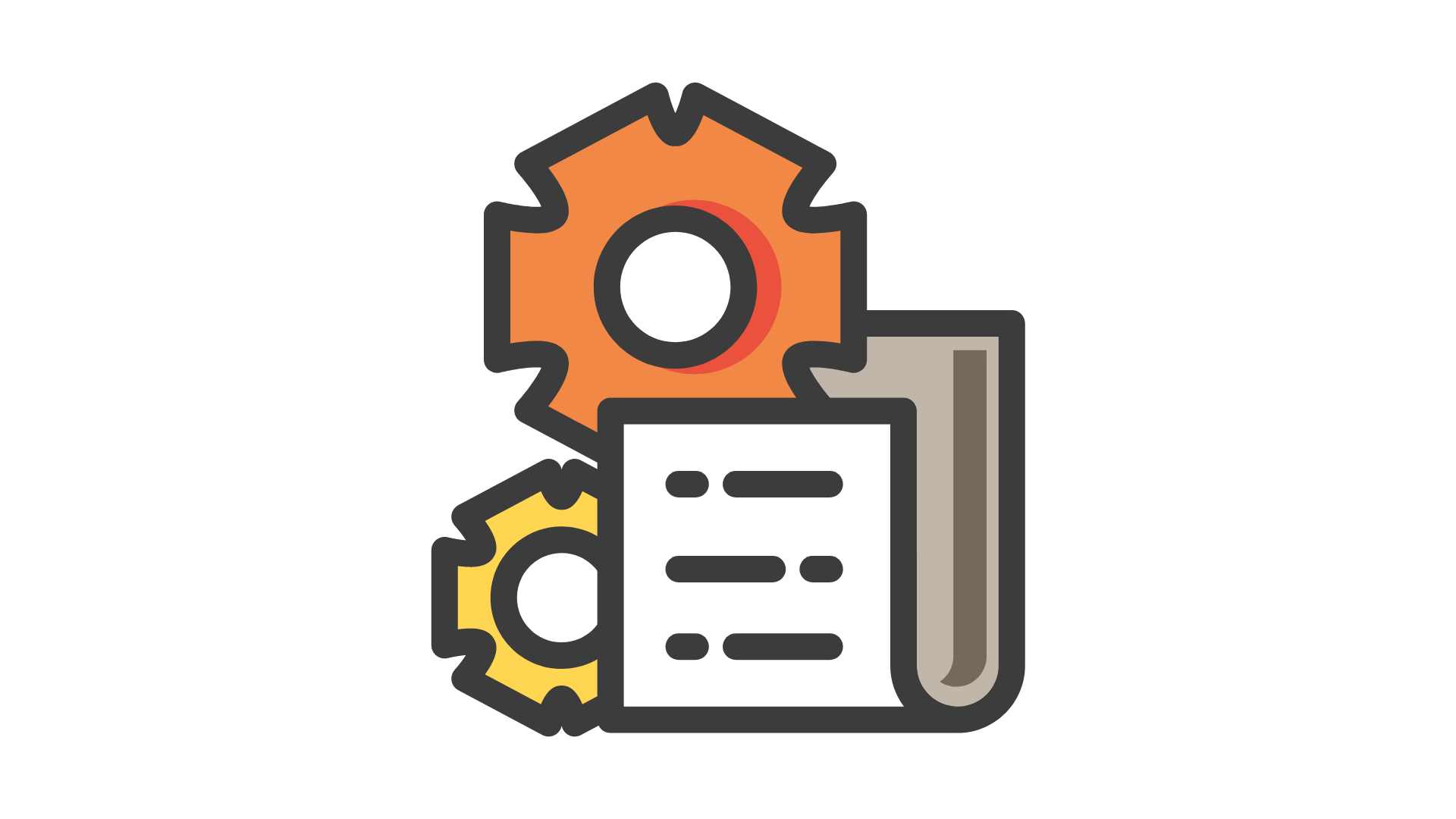
A CRM is a customer relationship management solution that helps businesses of all types manage cross-selling, compliance, client knowledge, and task automation. CRMs enable companies to manage their data, including client profiles, past transactions, and communication history via email, telephone, social media, etc.
But how specifically can CRMs enable professional service organisations to leverage their most important asset – their clients?
CRM solutions are powerful tools that enable PSOs, such as law or accountancy firms, to build closer and better-managed relationships with their clients, inevitably leading to more referrals and repeat business.
It is important to keep in mind that PSOs operate very differently to corporate entities that have specific goods or straightforward services to sell to a mass market. A PSO sells the skills and expertise of highly skilled professionals, and each engagement is usually unique and tailored specifically to the needs of the client. Professional service organisations usually depend on their skilled professionals to network and bring in business themselves as opposed to strictly using mass-market marketing techniques.
Smaller operations allow for their member professionals to communicate with clients and prospects face-t0-face, usually through formal meetings. As firms grow, however, and as business processes grows increasingly digital and remote, the ability to facilitate such interactions grows increasingly difficult.
In order for everyone to keep up with all client contacts, leads, and ongoing projects, it becomes crucial to implement a CRM system that ensures that no opportunities are missed.
The following are some of the main benefits of employing a CRM system for a professional service firm, and how specifically to make the most of this type of technological infrastructure.

Professional service firms sell the knowledge and skills of its experts, which change and expand as the firm grows. As such, it’s important to take reconnaissance of the firm’s clientele in order to identify client needs that match the skillsets of their respective salesperson or consultant.
A CRM can be used as a strategic tool to identify future avenues of growth and areas that might be worth future investment. CRMs allow for a 360-degree view of the customer based on all the contact that the customer has had with the firm thus far. By analysing that data and using the results intelligently, you’ll know what you can offer your customers next that they are most likely to purchase.
A key characteristic of a professional service organisation is that the professionals who make up the firm build strong networks of contacts that they then leverage to win new business. This becomes precarious if they ever leave the firm, since there is a danger then that the entire network is lost.
When this happens, having a CRM can make all the difference. Details regarding client profile, contacts, past transactions, notes regarding conversations, and easy access to email threads are fundamental when picking up the mantle after a professional leaves the firm.
One of the biggest hassles facing PSOs (and almost every business for that matter!) is compliance.
Top CRM solutions such as Salesforce make keeping up with regulatory requirements relatively straightforward, with built-in functionality enabling firms to record compliance in an intuitive but completely secure way. Users are able to scan and attach important documents to AML (anti-money laundering) records, making KYC (know your customer) proof readily available on demand. This data is then stored in a secure manner with restricted access on a need-to-know basis.
GDPR (General Data Protection Regulation) imposes strict requirements on how firms can store and manage client data (the type of data stored in a CRM system). Good CRM systems have evolved to put users in full control of the data, with full transparency about how it is used. It is therefore possible to keep track of the source of the data and why it is being held. In addition, the CRM solution keeps track of when the data is first created, enabling users to make sure that it is not kept longer than necessary. The CRM also greatly facilitates erasing data if a client requests their “Right to be forgotten”.
HubSpot’s CRM service makes this process ridiculously simple. With the flip of a toggle in your account settings, you can automatically enable GDPR-compliant features throughout your entire account.
There are many tasks that are crucial to foster good client relations that are somewhat repetitive and therefore subject to human error. Examples include sending out texts or emails to remind clients about appointments, or contacting clients on an annual basis to request updated documents.
CRM solutions can be used to automate such tasks, ensuring that they are done on time and to a high level of accuracy. Not only will utilising this type of automated communication strengthen the client’s faith in the efficiency of the firm, but it will take tedious tasks of the hands of your staff so that they may focus on more important and dynamic tasks at hand.
You can see how a good CRM system would quickly become an integral part of any successful firm’s system of processes.
Without one, managing client relationships and leveraging them for growth becomes increasingly more challenging.
Do you have any questions about CRMs, or are you thinking of changing or upgrading your current system? We’d love to hear from you!